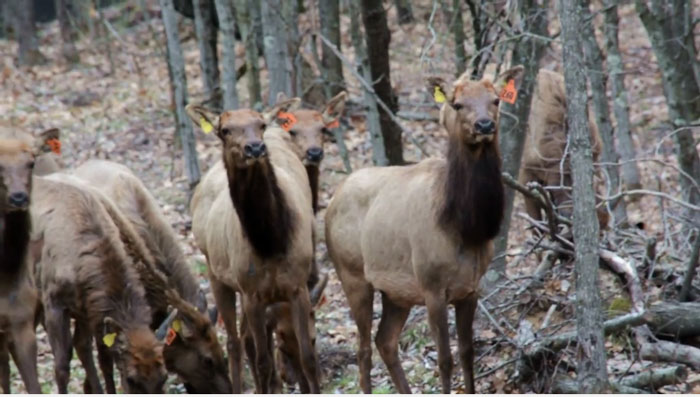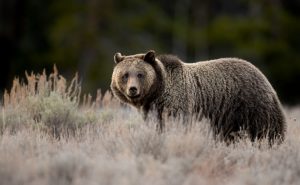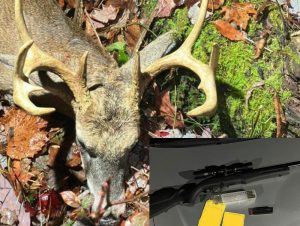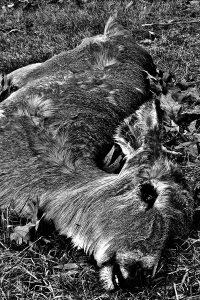Swinging the doors open to awe and wonder that is the Flambeau River State Forest, Wisconsin Department of Natural Resource officials have officially released 31 elk into the wild.
The “Class of 2017”, as they are so aptly referred to, were released earlier this month after patiently undergoing the prescribed acclimation period. During this time, elk and other animals slated for reintroduction, are required to remain in a holding pen for an extended period of time, often months.
During this period, biologists and officials pay close attention to the health of the animals, performing routine health tests and administering treatments as required. These pens are often quite large in size and give the animals a chance to become accustomed to their new surroundings before being thrust into their new habitat.
In this case, the incubation period lasted for 120 days and after final health testing and calving, the elk were released.
“Overall it was another great year, with many key partners including the Kentucky Department of Fish and Wildlife Resources, Rocky Mountain Elk Foundation, Great Lakes Indian Fish and Wildlife Commission, Flambeau River State Forest, U.S. Forest Service, and others all coming together to make these efforts a success,” said Kevin Wallenfang, Wisconsin Department of Natural Resources elk ecologist and elk reintroduction coordinator. “We experienced some new challenges this year, but overall things went well and we are excited to release these elk into the wild,”
With previous injections in the southern regions of the state, the most recent one is concentrated in the northern region of Wisconsin and is intended to bolster the current population of approximately 165 animals.
As the elk are growing more accustomed to their surroundings, the DNR is asking the public to avoid the vicinity of the release site as well as to be mindful of elk while driving in the area.
“It’s been a great effort getting them here, and now we want to do everything in our power to ensure the herd’s success,” says Lou George, northern regional director for Rocky Mountain Elk Foundation. “We ask for these first several weeks that folks give them their space until they settle in.”




